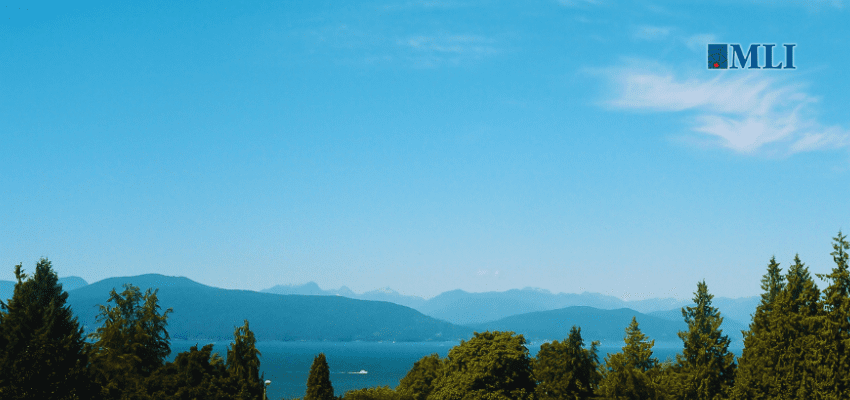This article originally appeared in the Hub. Below is an excerpt from the article.
Canada has a major economic opportunity in the global low-carbon economy, if it gets its climate and energy policies right. Those policies should be informed by principles like leveraging the ingenuity of markets and free enterprise, limited government, and respect for provincial jurisdiction. The following article is the latest installment of The Hub’s series sponsored by Clean Prosperity exploring the why, what, and how of conservative climate policy.
By Heather Exner-Pirot, October 11, 2024
The phenomenon of ESG (environmental, social, and governance) investing has sought to move capital away from higher-emitting (or “brown”) firms and into low-emitting (or “green”) ones.
Inevitably, there have been unintended consequences. A few are worth noting.
The first is that it has generally made heavy emitters perform worse, rather than better. As groundbreaking research by Samuel Hartzmark and Kelly Shue shows, starving heavy polluters from affordable capital means they can’t invest in reducing emissions. Rather, they tend to become short-termist, focused on reaping as much profit as possible before being squeezed out, instead of investing in processes and assets that would reduce their emissions but take years to pay off.
While starving brown firms of affordable capital often increases, rather than reduces emissions, providing green firms with more accessible capital leads to minimal benefits. That’s because green firms, by definition, don’t have a lot of emissions to reduce.
As an example, should Sunlife, a Canadian insurance firm that is highly ranked on sustainability indices, reduce its emissions by 100 percent, and achieve net zero, the company would save about 41,000 tonnes of CO2e.
If Cenovus, an oil sands company, knocked 6.2 percent off of its emissions (which it did between 2021 and 2022), it would save 1.2 million tonnes of CO2e.
ESG investing rewards the former rather than the latter. This is counterproductive.
The second is even more perverse. Brown sectors such as coal and oil that are shunned by ESG investors have become more attractive for private investors and state-owned enterprises who aren’t affected by ESG performance; and less attractive for publicly owned companies whose valuations are.
Similarly, many brown industries have been incentivized to move their production to jurisdictions and companies with lower (and thus less expensive) environmental standards. The upshot of all this is that brown firms are more likely to choose structures and jurisdictions where emitting more costs less.
The phenomenon has a name: carbon leakage. And it means global emissions are more likely to be relocated than reduced by onerous environmental standards.
A third and related phenomenon is that climate-conscious Western nations have lost a lot of their industrial capacity in heavy-emitting sectors, as these have set themselves up in less environmentally stringent nations. This is a huge problem because we actually need heavy-emitting sectors: oil refining, metal smelting, steelmaking, resource extracting, chemical manufacturing, and many more.
Canadian production in copper, nickel, cobalt, and graphite, for example, have all declined substantially in the past decade. Canada has just one copper smelter left, in Quebec. China has come to dominate the processing of a variety of critical minerals and chemicals, supported by their cheap industrial heat and power from burning coal.
It is hard to imagine the reshoring of energy-intensive material manufacturing aligning with Canada’s Paris commitments. But this imposes a direct tradeoff with our economic security and entrenches dependence on China.
***TO READ THE FULL ARTICLE, VISIT THE HUB HERE***
Heather Exner-Pirot is a Special Adviser to the Business Council of Canada and Director of the Energy Program at the Macdonald-Laurier Institute.






